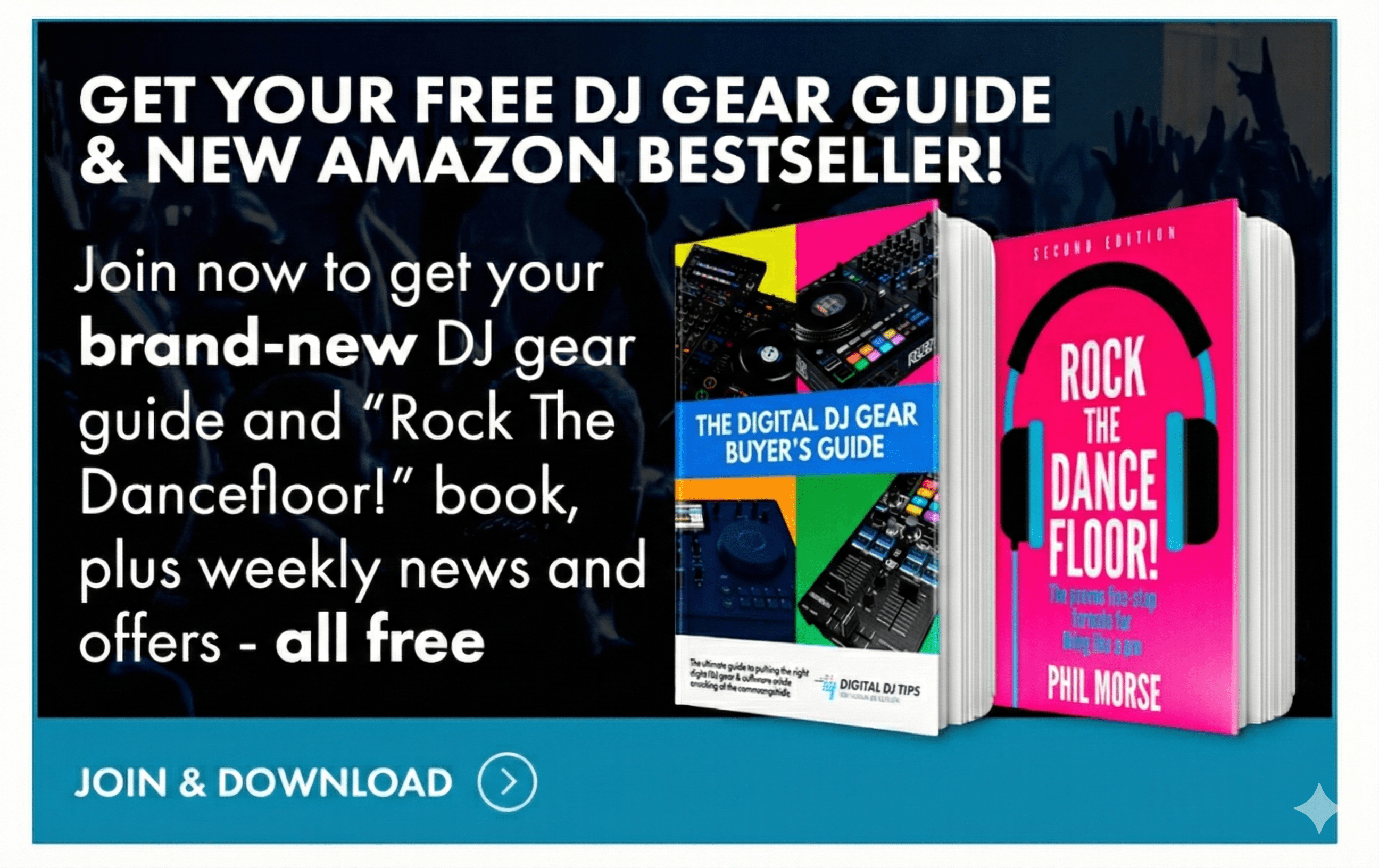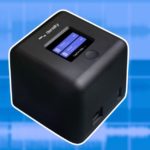
You may be the hardest working DJ in your part of town, but all your efforts grinding aren’t reaching their maximum potential if you don’t have an easy and convenient way for fans and promoters to find out more about you. You may have your social media down pat, but if you’re sending festival organisers to five different sites just to get details, music, and hi-res photos of you, you’re wasting their time (and a potential booking!). You’ve got to make it super easy for them.
Solution: Make a press kit, either as a dedicated page on your website, as a downloadable zip file, or even a printed brochure with a USB drive. Here’s what to put in it…
6 Press Kit Essentials
1. Bio

This is the first place you should start; practically everyone (even a non-DJ) has a nice profile photo somewhere on the internet, but make a well-written bio, and you’re already set apart from the millions of people online. Make two versions; one that fits in a single paragraph (essentially a tl;dr version for the interwebs), and a long form one that PR writers and organisers can cherry-pick bits about you.
Important tip: If you have a hard time writing, have it done professionally. It pays for itself in a sea of grammatically incorrect and poorly written “About Me’s”.
2. Photos

I’m not talking about a thumbnail-sized headshot or a jpeg your grandma took with her one-megapixel camera: Book yourself a studio and a photographer and have professional, high-resolution photographs of you done. You’ll be surprised at how affordable it is to do so these days, and you’ll even be more surprised at how a pro’s eye can make you look your best. Trust me: You don’t have to look like a chiseled cover model to look decent in a photograph.
If you’ve got extra cash to burn, consult a freelance stylist to help you pick out clothes that fit your look and body type (there’s a flattering look for everyone!). For the ladies, you may also want to get a makeup artist depending on the style of the spread that you’re shooting. These are the extra details that really turn a good photo into a great one, and you’ll always want to look your best in these photos as these are going to be your representation on all those event invites and festival posters!
Also include a couple of live performance photos of you doing your thing behind the decks. If you’ve got experience playing in large events and destination shows, make sure to put photos that show you and your audience: These days, practically anyone can DJ, but not everyone can rock a crowd!
Important tip: Always have a version of each photograph with a white background in PNG format. This makes it easier for clients to crop you out of the photo and place you on their posters. Also, don’t put any photos that are more than three years old; you’ll have looked quite different by now (looking even better, hopefully!).
3. Music
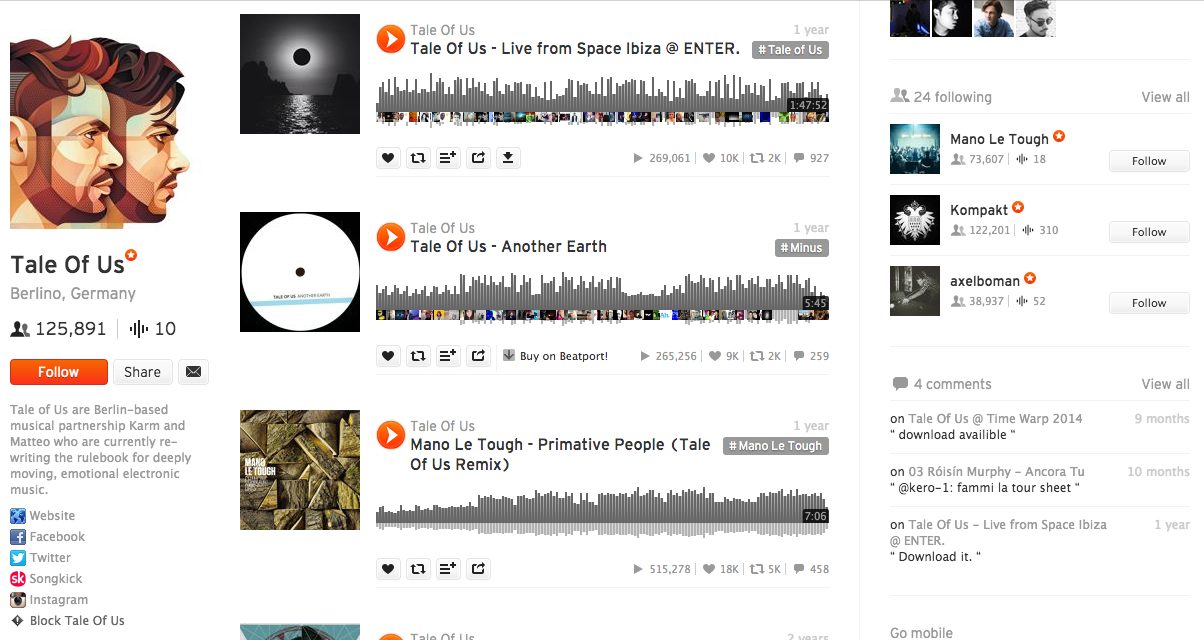
You’re a DJ, of course you’ve got to have some music in your press kit. Embed links to your last three mixtapes and remixes / edits / mash-ups (if any). For your downloadable press kit or USB thumb drive, include properly-tagged MP3s with full album artwork, contact details, and relevant links to your Mixcloud / SoundCloud pages. The idea is that whenever someone plays your file, that person should be able to know where to get in touch by looking at the info.
Important tip: Make sure that these are updated regularly to reflect your current style / genre so promoters know what they’re getting when they book you. This also gets you in the habit of making regular mixtapes and productions, which is always a good thing. Ever heard anyone regret making a proper mixtape? Exactly my point.
4. Video
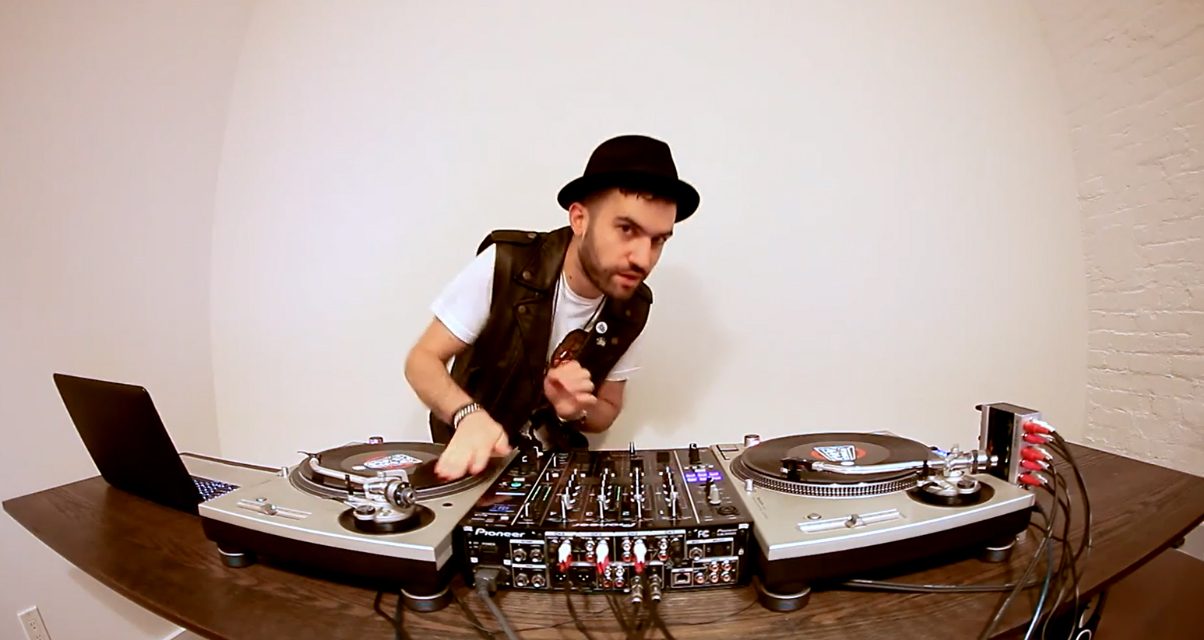
Make sure you’ve got video links in your press kit, whether it’s a clip of your live performances, or a music / lyric video for one of your tracks. Don’t have any videos? Make one! Better yet, hire someone to put together a simple video containing a montage of gig photos strung together with music that you play in the background. If you want to save a couple of dollars and get really personal, shoot a quick video of yourself DJing and / or talking on-cam using something like a GoPro (a hi-res phone cam like the iPhone will do).
Important tip: The videos have to be shareable; get them up on YouTube for easy access should organisers want to include them in promos. As part of your downloadable / USB press kit, have them in high-resolution MP4 files; MOV and AVI files are just too big, unless you’re handing out DVDs with your press kit burned on them.
5. Social media links / contact
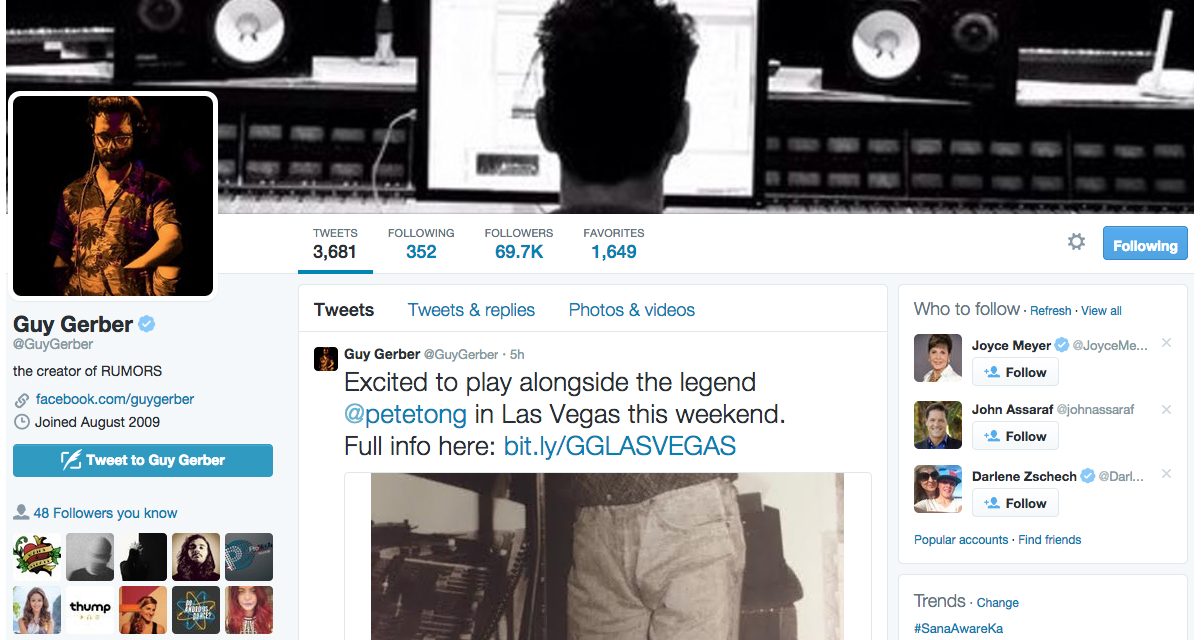
This is a biggie: Add your social media accounts in this section, but only put ones that you update regularly, and by “regularly” I mean something you’ve posted to in the last 7 to 14 days. There’s no point adding in a site that has content from two years ago as your “latest post”, so only add accounts here that you visit and update frequently (at least a Faceboook page or Twitter account).
For the contacts section, put details on how to book you, which should include your e-mail address and a mobile phone number at the very least. If you’ve got someone else handling your bookings, make sure to indicate that. This is also where you can put your homepage / blog URL.
Important tip: It bears repeating; don’t put social media links that you don’t regularly use, it’ll just make you look like you’re cluelessly trying out all the platforms out there. Always remember that quality over quantity is key in any online communication.
6. Biggest shows / press

Finally, include a shortlist of your most important shows to date. People don’t have time to go through a page full of forgettable bars and unheard-of productions, so whittle it down until you’ve got 10 to 15 of your most important, most popular, and most impressive performances. If blogs, magazines, and other press have covered or reviewed your music or shows in the past, include them here by lifting a quotable passage or two, not the entire blog posts or articles where they came from.
Important tip: Aside from your live gig photos and videos, this is the section where would-be clients will be checking out both your experience and reputation as a DJ, and for many this will either secure your next show or get you passed on. Don’t worry if you don’t have a lot of gig experience to list here yet. That comes with time, so what you should be working on is improving your skills, expanding your network, and gigging.
Finally…
Whether you’re just starting out as a digital DJ or you’re a veteran with decades of experience, updating and maintaining your press kit is one of the most important management things you can do to keep your career chugging along. With today’s ease with searching for anything and anyone through Google, you’re going to want to make sure that when someone types in your DJ name, that person’s going to get the latest and most accurate information about you and the music that you play. Get on it!
When was the last time you really fixed your press kit? Or have you never got around to making one? What’s your biggest challenge in completing material for your kit? We’d love to hear from you in the comments below.




